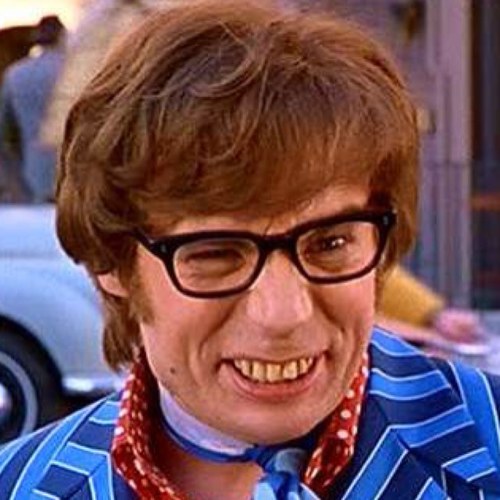benjipwns
Banned
http://bigstory.ap.org/article/f7e6...19a9e3/medical-benefits-dental-floss-unproven
It's one of the most universal recommendations in all of public health: Floss daily to prevent gum disease and cavities.
Except there's little proof that flossing works.
Still, the federal government, dental organizations and manufacturers of floss have pushed the practice for decades. Dentists provide samples to their patients; the American Dental Association insists on its website that, "Flossing is an essential part of taking care of your teeth and gums."
The federal government has recommended flossing since 1979, first in a surgeon general's report and later in the Dietary Guidelines for Americans issued every five years. The guidelines must be based on scientific evidence, under the law.
Last year, the Associated Press asked the departments of Health and Human Services and Agriculture for their evidence, and followed up with written requests under the Freedom of Information Act.
When the federal government issued its latest dietary guidelines this year, the flossing recommendation had been removed, without notice. In a letter to the AP, the government acknowledged the effectiveness of flossing had never been researched, as required.
The AP looked at the most rigorous research conducted over the past decade, focusing on 25 studies that generally compared the use of a toothbrush with the combination of toothbrushes and floss. The findings? The evidence for flossing is "weak, very unreliable," of "very low" quality, and carries "a moderate to large potential for bias."
"The majority of available studies fail to demonstrate that flossing is generally effective in plaque removal," said one review conducted last year. Another 2015 review cites "inconsistent/weak evidence" for flossing and a "lack of efficacy."
Even companies with a big market share of the flossing business by next year, the global market is predicted to reach almost $2 billion, with half in the United States, according to publisher MarketSizeInfo.com struggled to provide convincing evidence of their claims that floss reduces plaque or gingivitis. Yet the industry has paid for most studies and sometimes designed and conducted the research.
Procter & Gamble, which claims that its floss fights plaque and gingivitis, pointed to a two-week study, which was discounted as irrelevant in the 2011 research review.
Johnson & Johnson spokesman Marc Boston said floss helps remove plaque. When the AP sent him a list of contradicting studies, he declined comment.
The floss-making companies partner with the ADA through its Seal of Acceptance program. The ADA promotes the seal to companies as something that "directly affects the purchase decisions of consumers;" each manufacturer is charged $14,500 for the evaluation. If it approves the product, the ADA then charges an additional annual fee of $3,500.
The ADA says it rigorously evaluates products and makes no profit from the program. However, floss companies themselves are allowed to design the studies.
Dentist Levi Spear Parmly is credited with inventing floss in the early 19th century. By the time the first floss patent was issued, in 1874, the applicant noted that dentists were widely recommending its use.
The ADA has been promoting floss universally since 1908.
National Institutes of Health dentist Tim Iafolla acknowledged that if the highest standards of science were applied in keeping with the flossing reviews of the past decade, "then it would be appropriate to drop the floss guidelines."
Regardless, he added, Americans should still floss.
"It's low risk, low cost," he said. "We know there's a possibility that it works, so we feel comfortable telling people to go ahead and do it."


